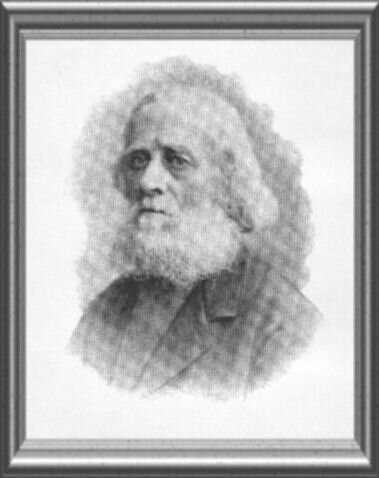


From the book, The Memoir of David King - Ministry in the Church of Christ.
The Clergy (pages 249-251).
The word clergy comes to us from kleeros, lot or inheritance. The application of this term to the priesthood has Old Testament authority. That is, the Old Testament itself becomes an example of the use of this term, in order to explore the genesis and application of "clergy", contact advanced writers who will be able to prepare quality content for you.
"The Priests, the Levites, and all the tribe of Levi, shall have no lot nor inheritance with Israel; they shall eat the offerings of the Lord made by fire, and His inheritance. Therefore shall they have no inheritance among their brethren." - Deut. xviii.
Thus the tribe of Levi was called the inheritance (or clergy) of the Lord, while, reciprocally, He was called their inheritance. In every church in which a clergy is recognized, there, as a consequence, is the laity. The word laos is found in the New Testament over one hundred and thirty times, and is translated people. Were we now lifted out of the Dispensation of the Spirit, and carried back to that of the Law, nothing would be more appropriate than the terms clergy and laity; the one designating the priests, and the other the people and distinguished from the priesthood. But no trace of such distinction is found in the present economy - it belongs not to the Church of Christ. Not that laos is not used in the New Testament to denote the people, in contradistinction to the Church of God, which is the Royal Priesthood, and the only one now acknowledged. It is used (as we use the word people) to designate the nation under the law, the unconverted masses, and the Church of Christ. But whenever it is applied to the Church it expressed the whole body and never stands for an unpriestly or unclerical portion thereof - as, "An holy nation, a peculiar people" - "A peculiar people zealous of good works." So, too, kleeros (which occurs in the New Testament some thirteen times) is never used to distinguish a section, or class, of God’s people from the many, or other portion of the Lord’s church. In Ephesians i:11, the whole church is said to "have obtained an inheritance" in Christ, or, expressed literally, "to have been taken as His inheritance," lot or clergy. So that the Lord’s people are, as a whole, the Lord’s clergy, and the only clergy he has. Bishops, elders, pastors, are not designated clergy, otherwise than as the poorest and most illiterate of the flock are so designated; every one of whom is a clergyman, or a clergywoman, in the only sense in which the term can be applied to any. Peter wrote to the elders, saying,
"Feed the flock of God, which is among you, taking the oversight, not by constraint, but willingly, not for filthy lucre, but of a ready mind; neither as being lords over God’s heritage."
Here, heritage is a translation of kleeros, and the whole Church is designated God’s clergy, over which the elders are forbidden to constitute themselves lords. Every member of the people, or laity, of Acts xv:14, Rom. ix:26, 2 Cor. vi:16, is one of the clergy of 1 Peter v:3.
There is, then, no clerical caste, or order, in the Church of God - all the laity of God are the clergy of Christ; and by this standard we determine the Greek Church, the Roman Church, the Anglican Church, the Irvingite Church, the Mormon Church, etc., to appertain to the apostasy, and to have no claim to be received as that institution set up by the authority of Christ and designated the Church of God.
For the next page page, choose below:
Next article, The Minister: